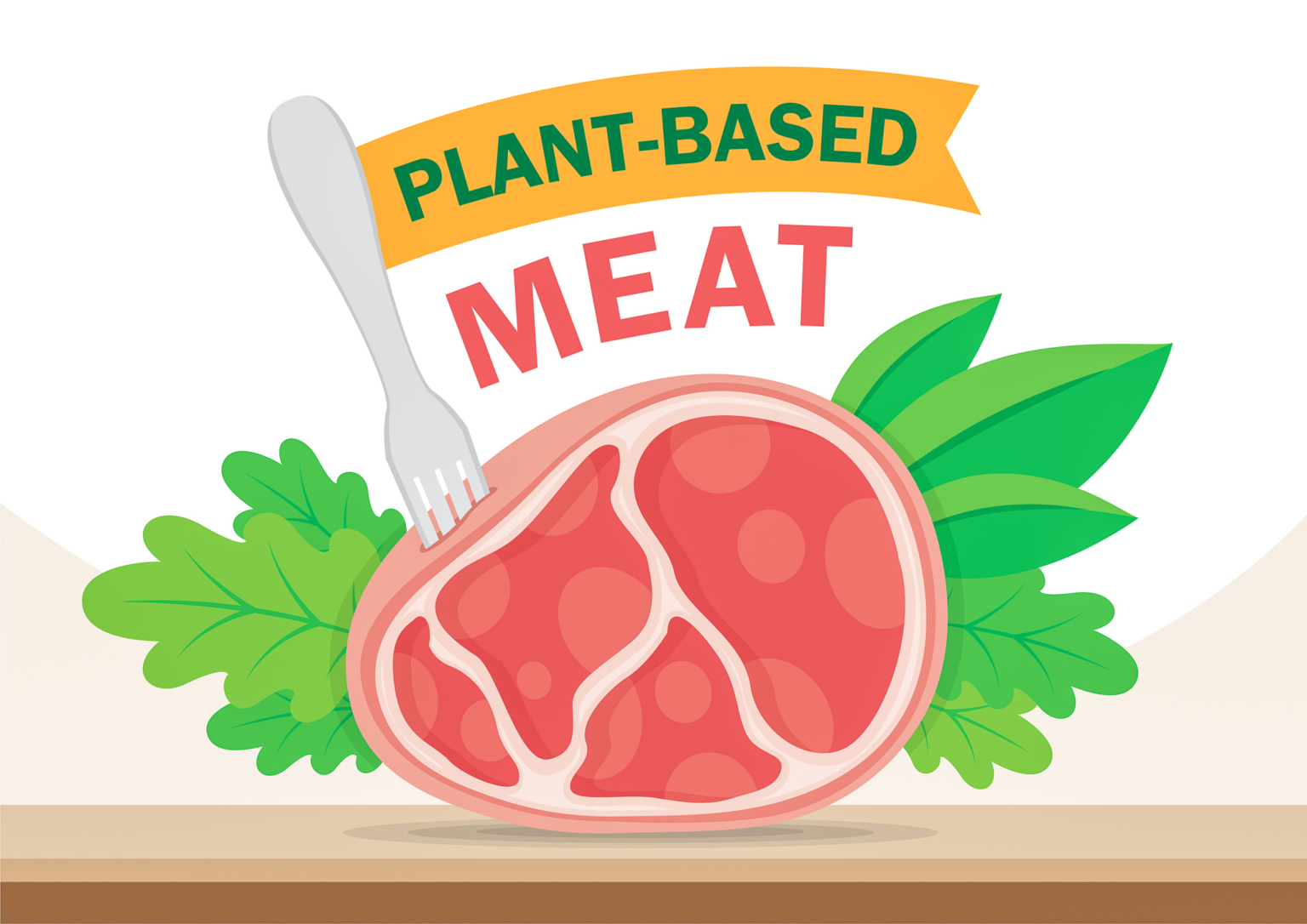The number of vegans in the UK increased by 445,428 people (40%) over the past 12 months. Over 13 million Brits predicted to be meat free by the end of 2021. With huge potential to capitalise in the vegan meat market, companies like Meatless Farm, THIS, and The Curators have been seizing the exciting opportunities presented by the increasing popularity of plant-based meats.
What are the roots of plant-based meats?
Plant based meats are food products that use plant ingredients to imitate the flavours and textures of meat. Originally, food products like tofu and tempeh were eaten as alternatives to meat. As our tastes have changed over time, consumer demand for more realistic meat alternatives has increased. This has led to the creation of plant-based meat – designed to mimic the taste, texture, and appearance of real meat.
A lot of vegan meats directly mimic our favorite meat products and they do this by using a variety of ingredients including: vegetable protein, vital wheat gluten or seitan, coconut oil, beans, spices, soy, beet juice extract and rice.
The future of the plant-based meat industry
Over the next few years, the plant-based meat category will continue to grow and eventually become meat’s successor. Leaders in the food system of tomorrow will need to stay focused on feeding the people of the world with healthy, sustainable meats. We’re already seeing major players like Unilever and Tesco invest millions in plants-based meats, and it won’t stop there.
With demand increasing and popularity rising, it’s not just smaller companies who’ve thrown their hat into the plant-based food ring. Big-name brands such as Richmonds, Papa Johns, and Greggs all offer a vegan range. Businesses excelling in this space have been innovative, with imaginative marketing campaigns and creative branding. The Vegetarian Butcher is a perfect example of this, using a clever play on words to name their range of products.










